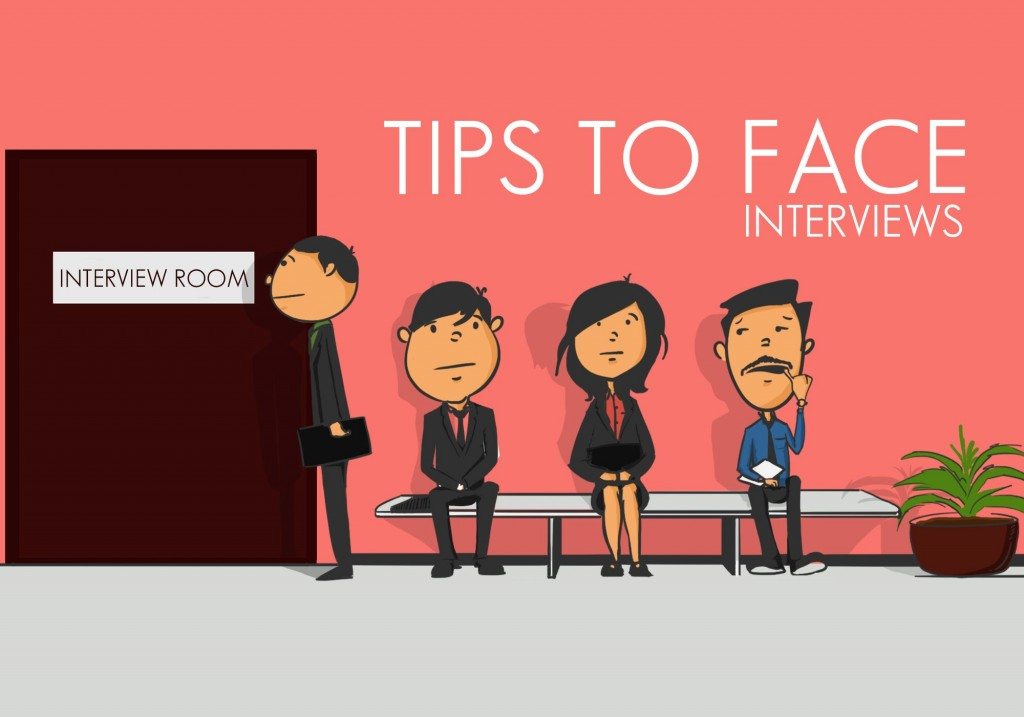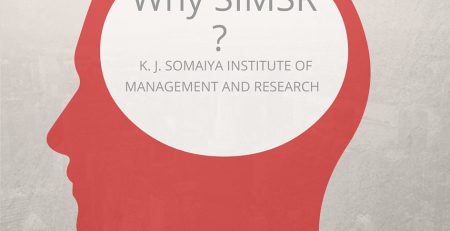Tips to crack PI
The first thing everyone tells you, when you have to give an interview, is to brush up you general knowledge and keep abreast with the current affairs, because that is what is asked in personal interview, isn’t it?
No, a personal interview is much more than just a quiz on newspapers or your resume.
Here, we discuss what you need to have a fair chance at cracking your dream b-school interview.
One thing that is always heard as a tip for clearing the PI round is that you never say that you don’t know an answer, give gibberish answers if you have to, but never say you can’t answer. Well, I am here to tell you that you can say ‘I don’t know’. Instead of bluffing, because you will get caught (the interviewer is definitely not going to be an idiot!), you can be humble and state that you are not aware of the facts. But, be confident while doing so.
Do not, and I repeat do not, show that you are nervous. You are human, the interviewers will understand if you are fidgety. But the only thing you are doing by being jumpy is showing them why you are not fit for the role of a manager because a major personality trait of a manager is that they have to remain calm in stressful situations.
 A sure shot question in every interview is ‘tell me about yourself’. This is probably the first question you will be asked and do not mess this up by going in a deep dive about your personal life. They aren’t looking for that! They want to know you professional achievements and how you handle leadership roles, talk about that!
A sure shot question in every interview is ‘tell me about yourself’. This is probably the first question you will be asked and do not mess this up by going in a deep dive about your personal life. They aren’t looking for that! They want to know you professional achievements and how you handle leadership roles, talk about that!
Another question that will surely be asked is ‘Why do you want to do an MBA?’. Every person would have a different answer to this question but do include a holistic view point while answering this question. Tell them the skills you want to gain and about the experiences you want to have while doing an MBA, that’s what helps.
Never fabricate your CV. Everyone likes to exaggerate what they have already done and pretend that they have worked in different fields. But it would be better if you stick to the truth. If they ask a question which you are not able to answer convincingly, it would create problems for you in the future too.
Never ever argue with the interviewer, even if you know you are a hundred percent correct. Just accept that the person taking the interview has a lot more experience than you and just listen to what he has to say. You can put forward your points in a very polite manner but remember that you are there to sell yourself to him/her, and the customer is always the king.
Don’t get at all irritated, come what may. Your interviewers have the capability of assessing you with your gestures, postures and the response you come with, to their very first question. The saying ‘First impression is the last impression’ is true to a large extent when you face the interview. After The first few minutes the interview board is simply confirming itself of the first impression it formed of you.
There is a high chance that one the member of the panel that is taking your interview will try to put you under a stressful situation as a stress test. Don’t buckle under the pressure and be as cool as a cucumber. They don’t expect you to have all the answers, they just want to assess how you handle such situations.
Be natural and don’t go for copying someone. If you do, it will be like a mask through which your interviewers can very well judge you. Please do remember you are you, you cannot be he. Even if you have negative thoughts about some action, policy matters – present them in a balanced manner with a positive thinking for future. Do not criticize too much the policies of the Government, B-schools, corporate bodies etc. If you have some suggestion for their betterment, you can put them forth in brief, if required.
Also read: Tips for good resume
Try to get in touch with previous year’s candidates who might tell you how an institution’s interviews usually go. It will be a great help to you as you will be able to get insider tips from them.
It would be helpful if you can give as many mock interviews you can before your final interview because it will help to erase any kind of hesitation you might have about giving the interview.
Lastly, always ask for feedback after an interview regardless of how your interview went. Asking for feedback always create a positive impact on an interviewer’s mind because it will project you as an open-minded candidate who is willing to accept his mistakes and always wants to improve himself.
Good luck for your interview!













